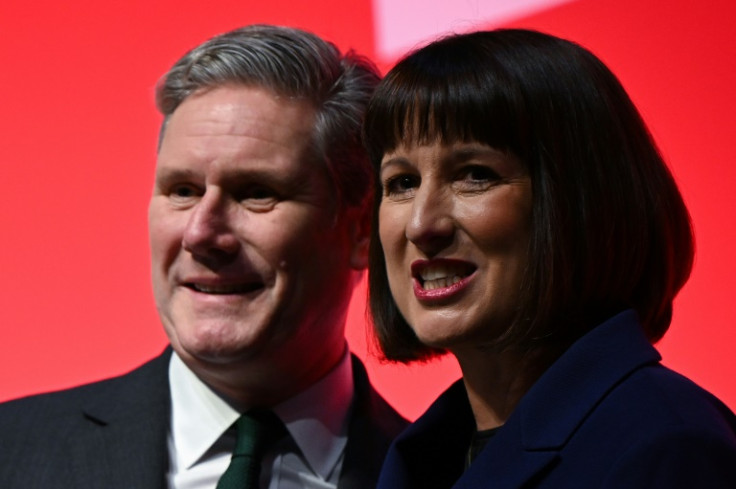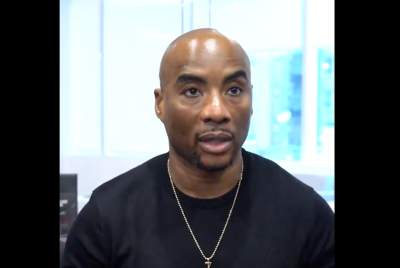Labour Promises To Save The UK's Business Reputation From 'A New Age Of Insecurity'
As the next general election approaches, MP Rachel Reeves will introduce JP Morgan investors to Labour's plan to regrow the British economy.

In a bid to win the next general election, set to be held before January 2025, the Labour Party has promised to restore the UK's business reputation.
After being propelled into economic failure while being led by the Conservative Party, in recent years, the UK has seen business confidence at an all-time low.
Rachel Reeves, the Shadow Chancellor of the Exchequer and Labour MP for Leeds, announced that she would be introducing a team of investors to Labours' 'a party for all businesses' strategy at a meeting in Davos, Switzerland.
The meeting is being hosted by the US investment bank JP Morgan and will discuss boosting the private sector as a key part of the Labour's plan to regrow the British economy.
With reference to the conflicts that have devastated Gaza and Ukraine, Reeves is expected to address the members of JP Morgan, saying: "We are living in a new age of insecurity. The world has become a more uncertain, volatile and dangerous place. That has become ever more acute in recent days and weeks as we see wars and conflict in Europe and the Middle East."
The Labour MP will also note that, due to an increase in energy bills, business anxiety and food prices, all "major economies are being impacted by these global shocks, but Britain has been uniquely exposed".
"Fourteen years of stagnant economic growth and political uncertainty has left Britain weaker: the chaotic departure from the European Union, the turmoil under Liz Truss and now the managed decline with Rishi Sunak," Reeves is expected to add.
"This instability has turned businesses away, damaged our reputation and made us a less attractive place to do business."
Chancellor of the Exchequer Jeremy Hunt will also be in attendance at the conference in Davos, where Reeves is likely to express her opinion towards the Conservative Party and its lack of business support in recent years.
It is expected, that Reeves will also note: "The lifeblood of economic growth is private sector investment... That is why we have put business investment at the heart of our plan for growth."
"With Labour, Britain will be open to business. We will restore stability and security into our economy. We will restore Britain's reputation as a place to do business. And we will be a trusted partner with business in delivering the change our country and our economy needs," the Shadow Chancellor of the Exchequer will say.
Finishing her speech, Reeves will continue to encourage those to support the Labour Party by urging the public to help "rebuild our nation's economic defences so we can stand tall on the world stage once again", noting how "that is the only way we can bring about security for family finances and security for our national economy".
"That is the change a changed Labour party will hope to deliver if we are elected to power later this year," Reeves will conclude.
For small businesses, in November last year, the Labour Party pledged to tackle all late payments by unlocking £20 billion in unpaid invoices.
The left-wing party, led by Sir Keir Starmer, also promised to scrap small business rates by replacing them with a fairer system while revitalising Britain's streets by filling empty shops.
As part of Labour's new business focus and after ditching Jeremy Corbyn's plans to increase business taxes, Starmer referred to his party as "pro-business, pro-worker".
Labour Shadow Business Secretary Jonathan Reynolds also noted that while the MPs continue to discuss an alternative Rwanda policy to fix the current migrant crisis, the party is also working towards making Britain a 'clean energy superpower' that brings cheaper bills and increases energy security.
According to Reynolds, Labour's efforts towards bettering the UK business sector have won the party more votes in the upcoming general election.
"Genuinely people see us as the better option compared with a fifth Tory term. They see the risks to economic stability and their own businesses it would have," he said.
© Copyright IBTimes 2025. All rights reserved.






















